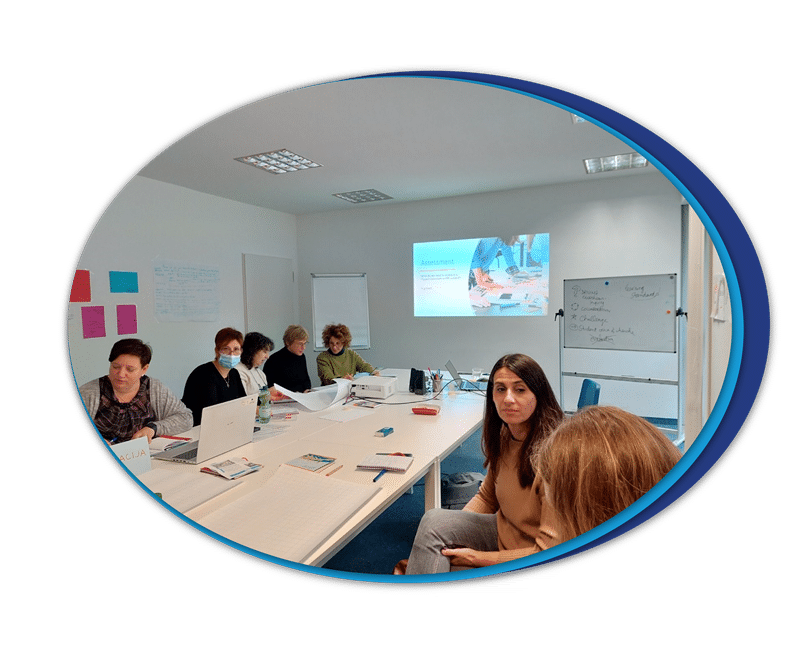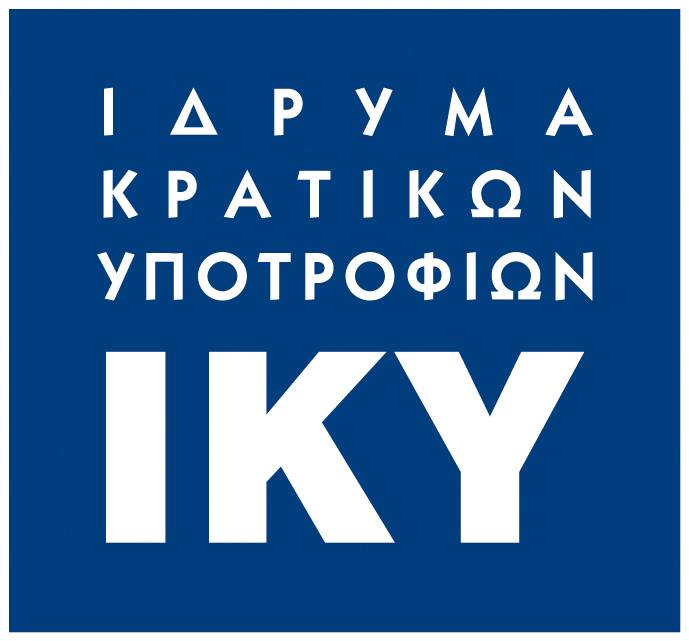
Cooperation Partnerships support organisations in:
- gaining experience in international-transnational cooperation
- developing and reinforcing their networks of partners
- increasing quality in the work, activities and practices of the organisations involved
- exchanging practices, methods, ideas and experiences in education and training at European level
- developing and transferring innovation
- implementing joint actions-initiatives
- producing quality results
- meeting European priorities.
Selected projects should provide for dissemination and outreach activities at local, regional, national and transnational level.
Projects submitted in the framework of Cooperation Partnerships should address through their objectives, activities and results at least:
One horizontal European priority:
- Inclusion and diversity in the fields of education, training, youth and sports
- Environment and fight against climate change
- Digital transformation through development of digital readiness, resilience and capacity
- Common values, civic engagement and participation
or one specific European priority relevant to the field under which the application is submitted (see Programme Guide, school education, higher education, etc. sectoral priorities).




